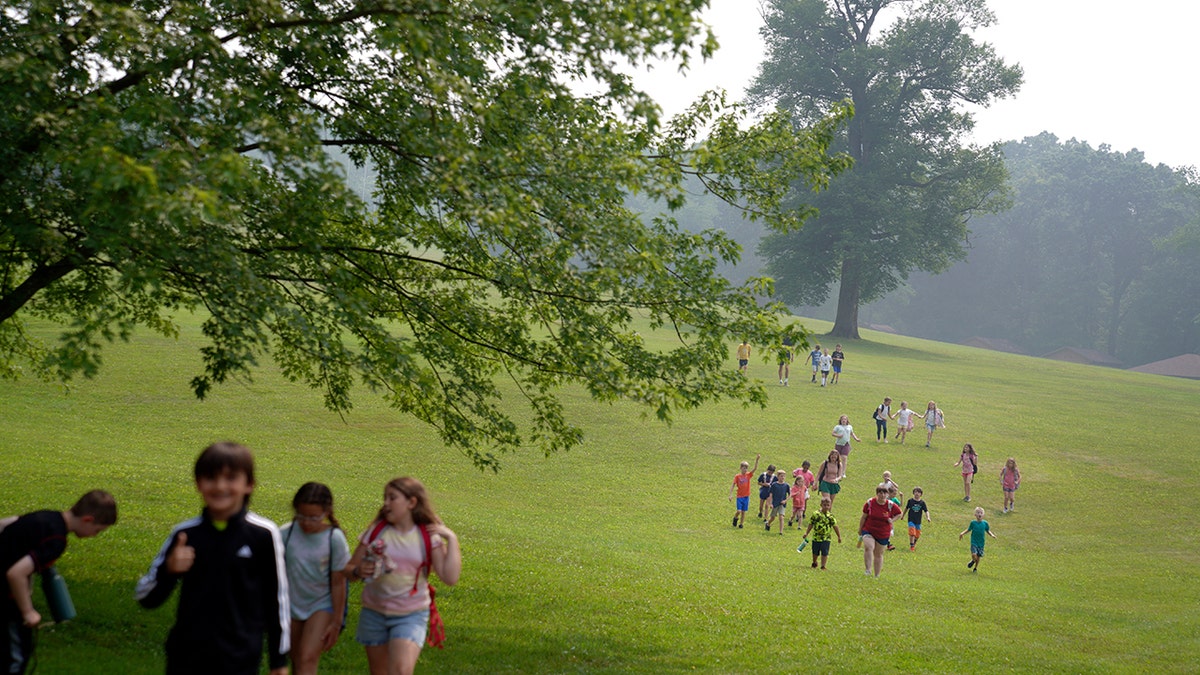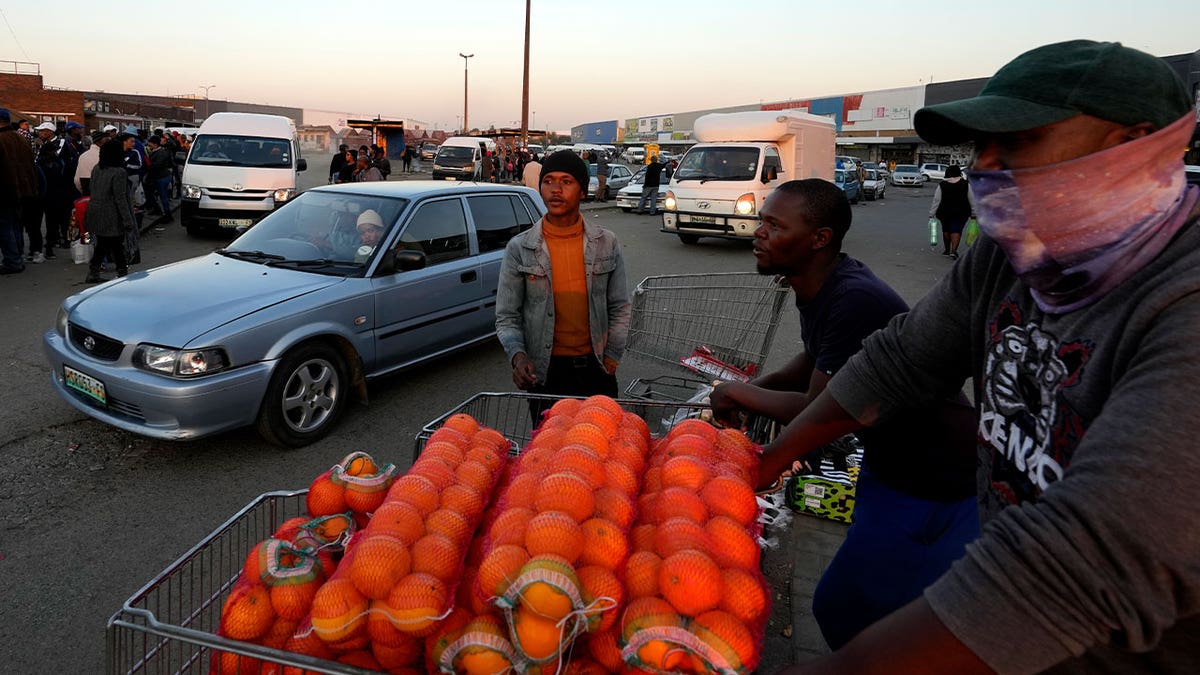Smoke from extensive Canadian wildfires is impacting summer camps across the Midwest and East Coast, forcing many to bring activities indoors. The hazy conditions, caused by widespread fires in Canada, are creating air quality concerns, particularly for children attending camps designed for outdoor experiences.
Camps are taking precautions, consulting with health professionals, and modifying schedules to ensure the safety of campers. Many traditional outdoor activities like hiking and field games have been temporarily suspended. Instead, camps are focusing on indoor alternatives until the air quality improves.
The YMCA Camp Kon-O-Kwee Spencer, located near Pittsburgh, Pennsylvania, closed its outdoor pool and sent some campers home due to health issues. Staff adjusted activities based on the rising air quality index, bringing many programs inside.

Similarly, the Boys & Girls Clubs of Western Pennsylvania moved all activities indoors for their eight camps, affecting approximately 350 children. Pennsylvania's Department of Environmental Protection issued recommendations for vulnerable populations to limit outdoor exposure due to a "code red" air quality alert, particularly in the western part of the state.
Tanglewood Nature Center in Elmira, New York, also moved activities indoors due to dangerous air quality levels. While older children understood the situation, explaining the need to stay inside to younger campers proved more challenging, especially with sunny skies visible behind the haze.
Many camps, especially in the Poconos and northeastern Pennsylvania, are utilizing air-conditioned indoor spaces and even cabins. Air filtration systems installed during the COVID-19 pandemic are now proving beneficial in mitigating the effects of the wildfire smoke. Camp administrators are committed to providing a safe environment and are continuously monitoring the situation.








